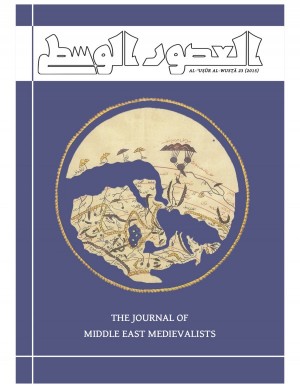Abstract
This article examines the authorship of the Khosrow-nāma, a Perso-Hellenic romance traditionally attributed to ʿAṭṭār. Forty years ago, Shafiʿi-Kadkani laid out a complex argument against ʿAṭṭār’s authorship. He claimed that the attribution was a result of a later forgery, basing his argument on internal chronological evidence, religious and stylistic markers, and the manuscript tradition. The present article systematically evaluates this argument, showing it to be less persuasive than it first appears. First, I introduce new manuscript evidence to demonstrate that the poem was circulating under ʿAṭṭār’s name already before the time of the alleged forgery. I then reassess the internal evidence to show that the Khosrow-nāma could, in fact, fit into a plausible chronology of ʿAṭṭār’s oeuvre. Next, I critique the stylistic and religious arguments against ʿAṭṭār’s authorship, arguing that the romance does not deviate from ʿAṭṭār’s undisputed works nearly as much as is often supposed. I conclude by suggesting that the available data are explained more easily by accepting ʿAṭṭār’s authorship than by adopting the theory of a later forgery.

This work is licensed under a Creative Commons Attribution-NonCommercial-NoDerivatives 4.0 International License.
Copyright (c) 2020 Austin O’Malley

